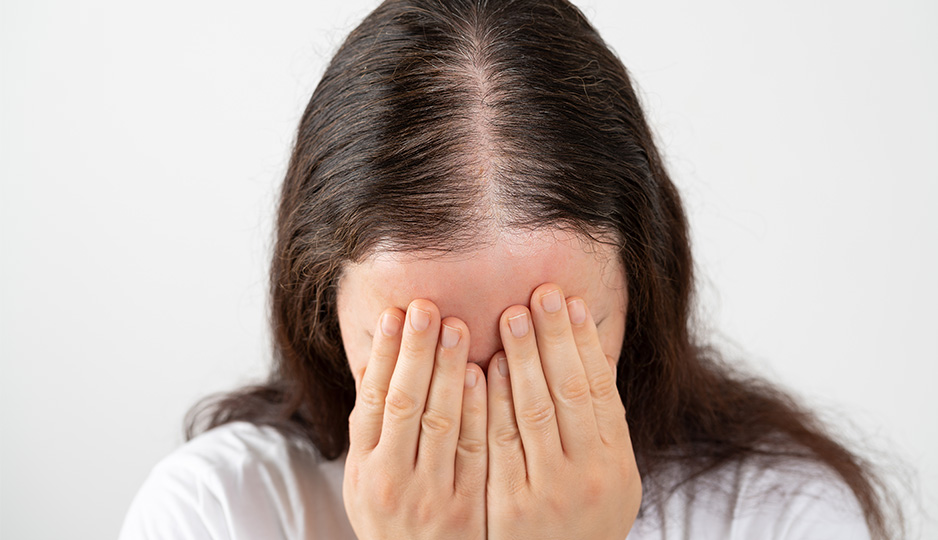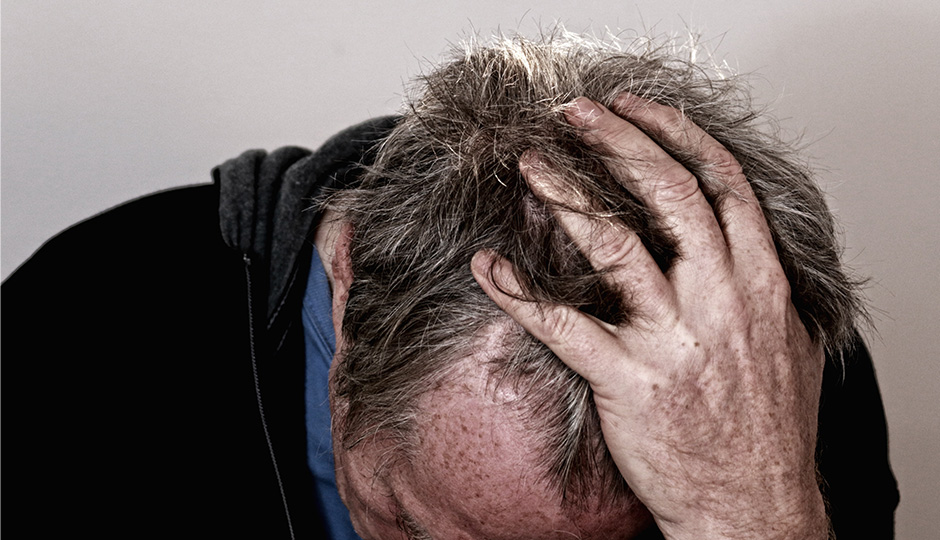Alopecia Areata is an autoimmune disorder causing hair loss that affects millions of Americans. The disease has a genetic component, and a family history of the condition makes you more likely to develop the disease. Coping with alopecia areata can be challenging, but there are various treatments and support options available to help manage the condition and its emotional impact.
What Is Alopecia Areata?
An autoimmune disorder occurs when your immune system mistakenly attacks healthy cells in your body. The immune system usually protects your body against harmful invaders like bacteria and viruses. However, when someone has an autoimmune disorder, their immune system can't distinguish between healthy and harmful cells, causing the immune system to attack healthy tissue.
Alopecia areata is an autoimmune disorder where the immune system mistakenly attacks the hair follicles, leading to hair loss. The condition typically results in small, round patches of baldness on the scalp, but it can affect any area of the body. Researchers believe that some people are genetically predisposed to develop alopecia areata and that a trigger, such as a virus, sets off the condition.
Treatments
There is no cure for alopecia areata, and while treatment options are available, no one treatment works for everyone. And just as important, sometimes treatment isn't recommended at all! While many people, especially children, regrow their hair without treatment, regrowth is often slow, and some people do not see the regrowth they desire.
The first step to finding a solution is consulting with our team of hair specialists. At LH Hair, we specialize in all types of hair loss and pride ourselves on offering clients solutions that enable them to regrow and keep their natural hair. Ensuring you have a healthy scalp is vital for regrowing a healthy head of hair.
At LH Hair, our hair specialists customize your treatment plan based on several factors, including your age, how much hair you've lost, and how long you've experienced hair loss. Our team will perform a careful, non-intrusive trichological evaluation to determine precisely what is causing your hair loss and recommend a customized treatment plan to help heal your scalp and stimulate new hair growth.
Treatment and hair regrowth takes time, and we offer plenty of other options to help deal with your hair loss while you wait for it to regrow. Depending on the extent of your hair loss, wigs, toppers, and extensions might the ideal solution for dealing with your temporary hair loss.
Support
While it does not cause physical disability, living with alopecia areata can be challenging because it can affect your mental well-being. It's important to remember that you are not the only one dealing with this disease. Fortunately, many resources are available to help you cope and connect with others who understand what you're going through.
You should learn as much as you can about the disease and talk with others who are dealing with it. Having a support network can help you deal with difficult times. The National Alopecia Areata Foundation (NAAF) offers support groups worldwide, including one-on-one phone support if you prefer more personalized assistance. In addition, the NAAF website has a wealth of information, including educational materials, webinars, and updates on the latest research and treatments.
Family and patient education, as well as psychological support, are essential in managing alopecia areata. People with alopecia areata often experience higher levels of stress, and depression and anxiety are more common in people with the disease. A mental health professional can provide valuable support to help cope with the emotional aspects of hair loss.
Get Help From the Experts
Dealing with hair loss is challenging. However, while alopecia areata may be a condition you must deal with for the rest of your life, that doesn't mean you must give up your hair. At LH Hair, our team of experts can help you keep your hair and, in many cases, even help you regrow the hair you've lost. To learn more about alopecia areata and how to keep your full head of natural hair, contact us today and schedule your FREE initial consultation.



